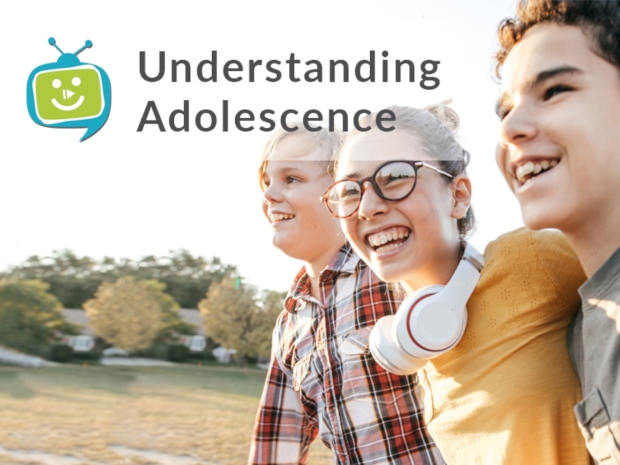Understanding Adolescence

Adolescence is the transitional stage of development that is usually associated with the teenage years. In 2018, the Australian Curriculum Assessment Authority, redefined adolescence as affecting young people aged between 10-24 years. During this time, they experience rapid physical, cognitive and psychosocial growth which affects how teenagers feel, think, make decisions and interact with the world around them.
During adolescence, a child's brain can be considered as being “under-construction”. The rate at which this progresses will vary depending on the individual and also their gender. As a result, some parents may view adolescence as stressful or difficult. However, it does not need to be. Setting boundaries, implementing consistent monitoring and maintaining a strong and loving connection will help families adjust during this time.
It is also an important time to keep the communication lines open through clear and age appropriate conversations. Speak openly about changes that they are experiencing and be conscious of their mental health as many of the conditions people confront in adulthood, can begin to manifest in adolescence.
In this edition of SchoolTV, adult carers can learn how to guide and best support their young person as they transition through adolescence. We hope you take time to reflect on the information offered in this month’s edition, and we always welcome your feedback.
If you do have any concerns about the wellbeing of your child, please contact the school for further information or seek medical or professional help.
Here is the link to this month's edition Understanding Adolescence

